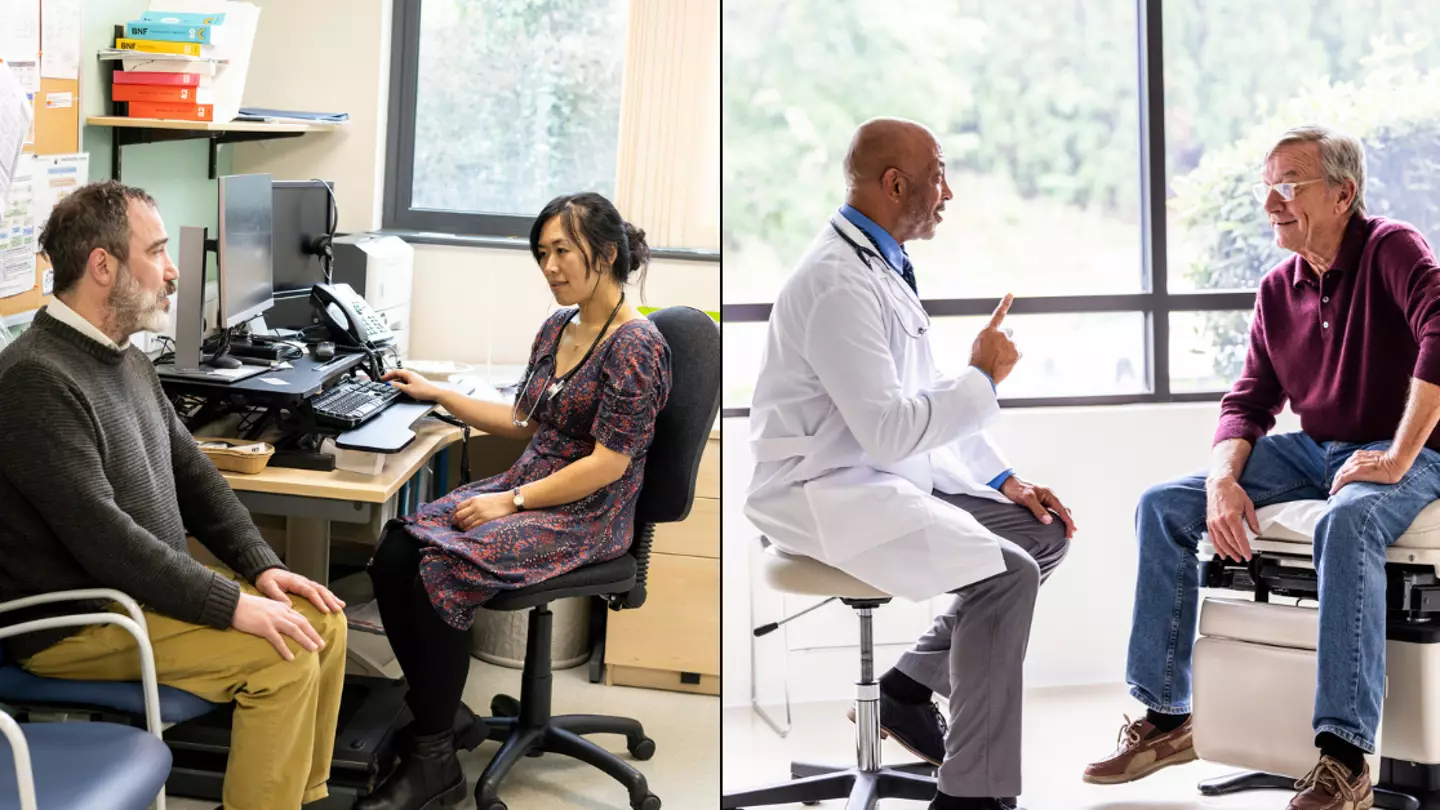
A series of doctors have revealed the seven things they wish we'd all do in order to extend our lifespan - and it includes things you can start doing today.
There comes a time in every adults life - usually around the age of 25 when our brain's prefrontal cortex finishes developing, or after the first grey hair - when we release that it's time to start making healthier choices.
Long gone are the days where you can get away with spending the weekends binge drinking and soaking up the alcohol with an assortment of greasy takeaways; you're now at the age where taking care of your body.
Advert
Thinking about aging and our inevitable mortality can be pretty terrifying, but thankfully, there is an abundance of advice from medical experts on how to start living better - most of which don't involve breaking the bank either.
Below is a list of seven doctor approved tips which will improve your quality of life.
Keep moving
Now I hate to start by stating the obvious, but keeping mobile is a critical part of looking after your health. Unfortunately a lot of modern society is engineered towards a sedentary lifestyle - especially if you spend your working day at a desk.
Advert
According to studies from the Heart Research Institute, a sedentary lifestyle puts you at a bigger risk of developing diabetes, cardiovascular disease and high blood pressure.
This isn't to say that you need to dedicate your entire life to going to the gym or running marathons, as simple changes such as walking and stretching every day can make a difference.
Be social
Loneliness is a major concern in our society, particular amongst older generations.
Advert
Research highlighted by Age UK reveals that social engagement has an impact on brain health, while Dr. Faisal Tai told HuffPost that elderly people should aim for 'at least one positive social interaction every day'.

This advice can also be helpful for younger generations as well, serving as a reminder to stop doom scrolling and see your friends face-to-face.
Use your brain
Anyone who was a child during the reign of the Nintendo DS will remember being gifted the game 'Dr Kawashima's Brain Training' - and with good reason.
Advert
Research shows that enjoying activities which stimulate our noggins can be an important way to protect us against cognitive decline.
While Alzheimer's society notes that there isn't currently a strong link between brain training and lowering dementia risk, keeping yourself mentally stimulated is never a bad idea.
"You need to exercise your mind every day to keep sharp," Dr. Steve Fallek added to HuffPost.
Eat well
None of us are immune to the allure of sweet treats and fast food, however, it is important to eat healthier foods as you age.
Advert
This doesn't mean you have to say goodbye to pizza and chocolate for good, but enjoying it in moderation as part of a varied diet is the way to go.
"It may be difficult to change overnight, so I recommend changing one aspect of your diet at a time with a medium-term goal to eliminate harmful foods." Dr. Nadim Geloo told Huffpost.

Spend time outdoors
The term 'go outside and touch grass' is an insult to people who are chronically online these days, but there is good reasoning behind it.
According to research from the University of California, being out in nature can improve our mental wellbeing as well as allowing us to increase our vitamin D levels (something which most of us UK residents are deficient in).
Just don't forget to take your suncream with you.
Don't stress it
This one is much easier said than done but managing your stress levels is critical as you get older.
Chronic stress can impact every part of the body, from the heart to our mental health and digestive issues. It also increases our risk of strokes.
Therefore it is important to make time in our lives for activities which bring us joy and relaxation.

Attend routine doctors appointments
Again the hustle and bustle of daily life means that we often overlook simple things such as making GP appointments or getting our eyes tested. However this is especially important as you get older.
"While prevention is key, early detection is also important for any disease, which means keeping up with recommended medical screenings," Dr Sulanga Misra told HuffPost.
Topics: Health